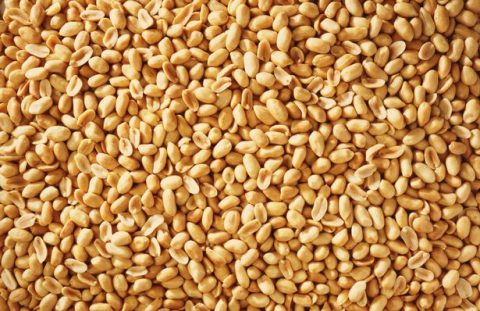I’ve never thought it was rational or good medicine to spare babies and children from eating foods with the potential to cause allergies until they are two or three years old.
It’s intuitive, but illogical. By the age of two or three, a child’s immune system is mature enough to respond to a potential allergen with an allergy.
Logic says they need very early exposure to allergens so that the developing immune system can recognise the allergen, accept it and stay free of allergic disease.
Could it be true?
As long ago as 2008 scientists picked up on anecdotal reports that Jewish children in Israel rarely suffered from peanut allergies.
Was it possible that early exposure to peanuts actually protected the Israeli kids from allergies?

Dr Gideon Lack, eminent professor of paediatric allergy at King’s College London, decided to test the theory in a large clinical trial. Hundreds of
infants aged 4 to 11 months, all of whom were deemed at high risk of developing a peanut allergy, were studied.
After excluding babies who were already allergic to peanuts, some were regularly fed peanut products, others none at all.
By the time they turned five, less than 2% of 530 allergy-prone children who had been fed peanuts had developed an allergy.
In contrast, nearly 14% of the children who were denied peanuts had developed an allergy.
Among another group of 98 babies deemed even more sensitive to peanuts, 10% of those given peanuts developed an allergy, compared with 35% of those not given them.

This brave, beautiful research has led to a bold step by the US National Institute of Allergy and Infectious Diseases, which recommends giving infants weaning food containing peanut powder before they’re six months old – and even earlier if a child is prone to allergies.
US doctors say it’s safe, but that doesn’t mean you can give a baby whole peanuts or peanut bits as it could cause choking.
Based on the British initiative, the new guidelines could dramatically lower the number of children who get one of the most common and serious food allergies, said Dr Anthony Fauci, the institute’s director. He called the new approach “game changing”.
He believes we’ll see a dramatic drop in peanut and other allergies if we introduce all foods before the age of 12 months.
Dr Matthew Greenhawt, a US food allergy specialist and one of the authors of the new guidelines, said: “You have the potential to stop something in its tracks before it develops.”

